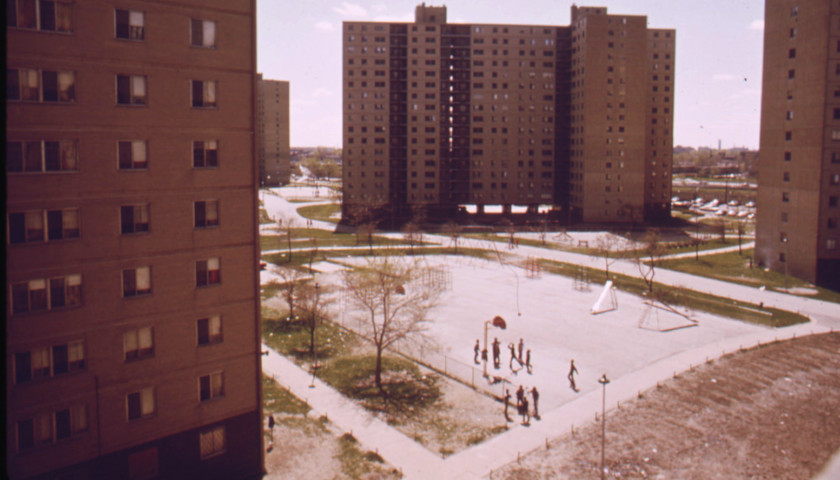by Molly Prince
Federally funded housing agencies aren’t required to evict wanted rapists and murderers living on their property, and, for years, some government investigative offices weren’t part of a program that shared information about such individuals with the FBI, according to a congressional watchdog.
And the watchdog overseeing the investigators made a new requirement to participate in the program, but refused to ensure that the offices are complying with the rule, according to a Government Accountability Office (GAO) report.
 The Department of Housing and Urban Development (HUD) Inspector General (IG) and the FBI partner through the Fugitive Felon Initiative, where the two agencies share information to apprehend fugitives living in taxpayer-funded homes.
The Department of Housing and Urban Development (HUD) Inspector General (IG) and the FBI partner through the Fugitive Felon Initiative, where the two agencies share information to apprehend fugitives living in taxpayer-funded homes.
Through this initiative, more than 1,200 fugitive felons discovered to be potentially living in federally funded housing between 2013 and 2017 were arrested, according to the Sept. 10 GAO report. But four of the IG’s seven regions weren’t part of the Fugitive Felon Initiative between 2012 and 2016.
Additionally, the local agencies responsible for administering federally funded housing programs, known as public housing agencies (PHA), aren’t required to evict fugitives living in their units. The agencies are given a large amount of discretion in determining who can stay in the taxpayer-funded homes, including individuals who have served jail time for drug-related or violent crimes.
The IG tightened its policies in April — more than a year after the GAO’s review was requested — and required its regional offices to coordinate with law enforcement. The GAO recommended the IG review whether the regional offices were complying, but HUD’s watchdog refused, saying that doing so would divert money away from its primary mission.
“We disagree,” the GAO wrote. According to policy, the IG “will be responsible for collecting and reporting statistics for some regional office activities, such as the number of referrals.”
“Such assessments of regional office activities are particularly important given that regional offices had not consistently participated in the Fugitive Felon Initiative in the past,” the GAO continued.
The GAO also recommended the IG and the FBI routinely exchange data gathered through the Fugitive Felon Initiative and make updates accordingly.
Senate Committee on the Judiciary Chairman Chuck Grassley requested GAO conduct the review after a Daily Caller News Foundation investigation found the PHAs refused to evict nearly 1,300 fugitives felons that were wanted for crimes like rape and murder.
The Iowa Republican called for an investigation in August 2016 after then-IG David Montoya was unable to determine how many wanted fugitives were living in taxpayer-funded housing.
“It is troubling that the full number of wanted fugitive felons living in public housing remains unknown, unexplained, undocumented and unjustified,” Grassley wrote in a letter to Montoya. “Tenants deserve to know if a wanted fugitive felon is living in the same housing project.”
Montoya, in his own letter to Grassley, said it was the U.S. Marshal’s job and not the IG’s to catch fugitives, even if they were living in HUD-funded homes. But most IG regional offices weren’t partnering with the Marshals after 2012, according to the GAO.
Montoya left his post without public notice nearly a year after Grassley requested GAO review the program. He was President Donald Trump’s first presidentially appointed cabinet-level watchdog to step down since his inauguration.
– – –
Molly Prince is a reporter at Daily Caller News Foundation. Follow Molly @mollyfprince





